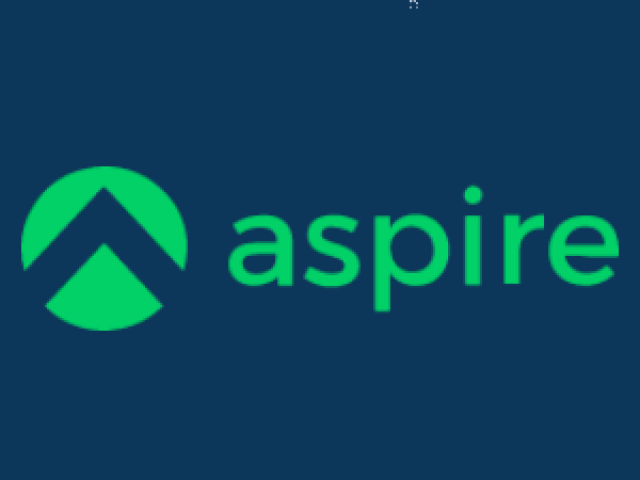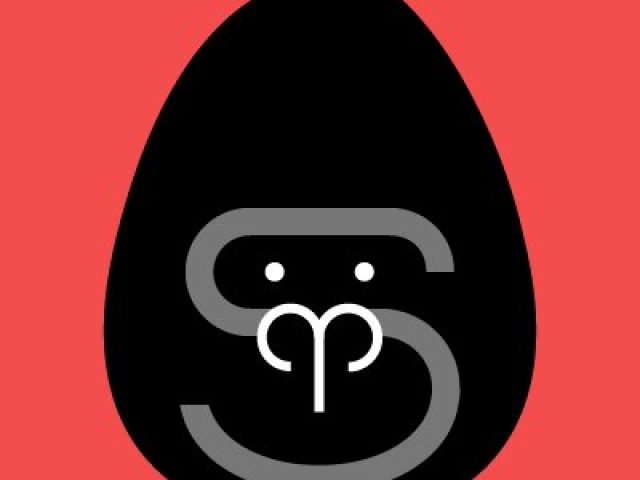Soft skills – what are they?
You may think job recruiters are looking solely for the person with job-specific skills, or skills that are usually acquired either through education or experience. These types of skills are both easily definable and observable. Think of computer programmers, lawyers, construction workers, or chefs. While these skills are undoubtedly important (and can make you an appealing candidate), recruiters are actually looking for more. In addition to these types of mastery, employers want soft skills. In other words, employers want people skills. That’s right – soft skills include the ability to communicate with others, listen to others, and work well with others.
“Hard skills will get you the interview, but soft skills will get you the job.”
Benefits of people skills
It may sound silly, but it’s true. Having excellent people skills can be the factor that distinguishes you from another job applicant. A recent study found that Singaporeans are actually lacking in these types of characteristics. Imagine you walk into an interview with great grades from a reputable university. Odds are, every single interviewee that day will have the exact same thing as you do – proof of intellectual intelligence. But what about emotional intelligence? The ability to connect with the interviewer? The interviewer is, after all, determining whether or not you will be a good fit in the company. He or she will have to work with you and will be responsible for how well you get along with other employees. More importantly, soft skills are skills that are easily transferrable – meaning they can be used in any type of job placement.
So, what exactly are recruiters looking for?
How you can stand out
The tricky thing about mastering soft skills is that they are rather vague. Here are some specific attributes you can demonstrate in your next interview to send the message that you would be a great colleague to work with.
1. Good Manners
I know, I know…so easy. But you would be surprised. These are the basic interview behaviors that any future hire should master. Eye contact, a friendly smile, enthusiasm, genuine personality. These things can lead to an overall positive exchange between you and the interviewer. If you can convey these things in an interview, you’ll be way more likely to land the job.
2. Teamwork
Proving yourself to be a good team player can also be a little difficult. On the one hand, you want to point out your assets. On the other, you don’t want to come off as someone who can only work alone. If asked to brag (i.e. “What is your best strength?”), go ahead and brag. In other instances, try to work in anecdotes about positive team experiences.
3. Empathy
Another easy one to demonstrate. You may be asked in an interview to describe a time in which you had to deal with a difficult coworker or customer. The best way to handle these questions is to avoid speaking ill of the other person involved. Never, under any circumstances, trash talk someone during an interview. It will only make you look bad. Focus on the situation, not the person, and the ways in which you appropriately and successfully handled it.
4. Flexibility
Prove that you can be a hard worker in any given situation. This is about being able to move from one project to an entirely different kind of project with ease and enthusiasm. Flexibility is strongly related to work ethic as well – are you willing to try new things? Can you manage frustrations while doing so? Can you ultimately succeed or remain optimistic during a struggle?
5. Leadership
So this one might seem like it contradicts teamwork. In reality, the best leaders are the ones who can work effectively in teams. Can you motivate and inspire a group of people to action? Recruiters want to hire someone who has initiative. They’re looking for someone who can go above and beyond the task at hand. Mention a project where you took the lead or a situation in which you effectively managed a group of people.
Takeaways
It’s not enough to be skilled in a specific area. If you want to wow a recruiter, show them how you can be a wonderful addition to their team in terms of soft skills. To learn more about how you can improve your soft skills, read here. For more content that could help you in the business world, stay tuned to our blog, or follow us on Facebook!
















